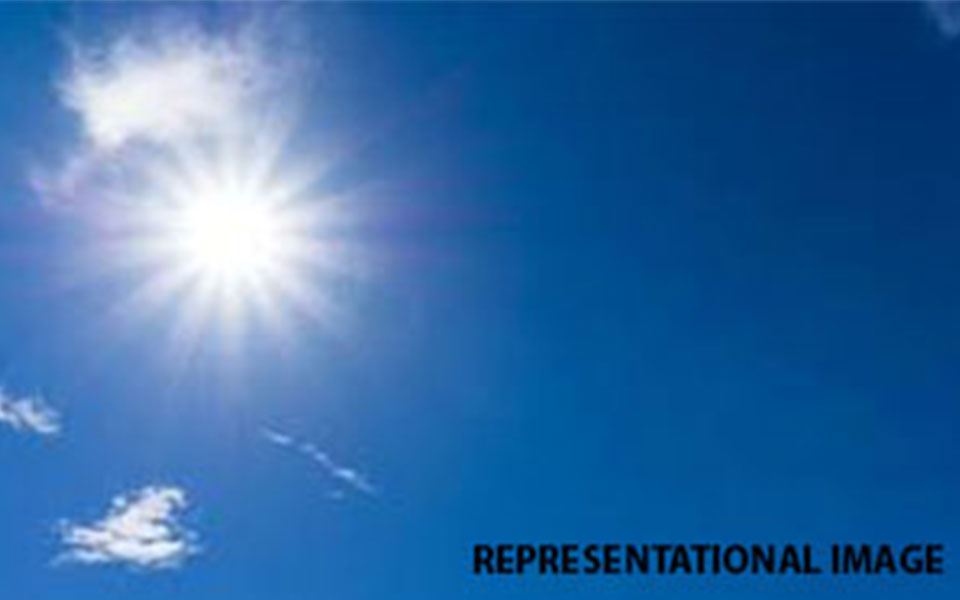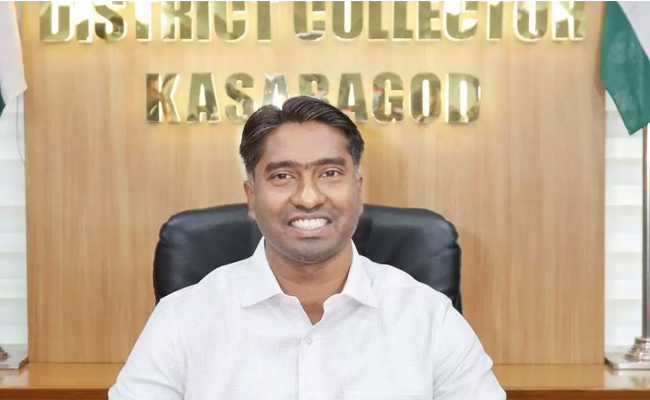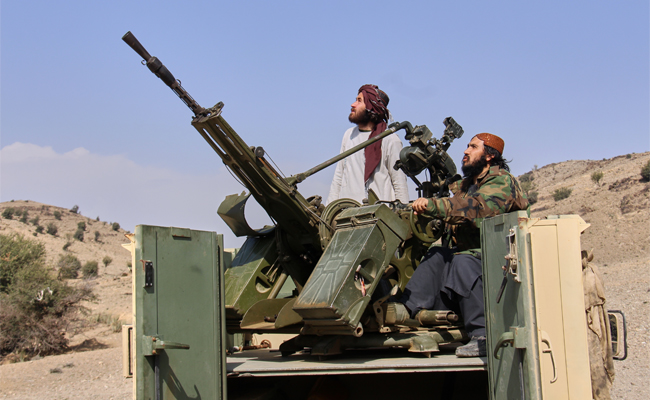Islamabad, May 22: At least 65 people have been killed due to heatstroke in the last three days in Pakistan's Karachi, where the temperature hit 44 degrees Celsius, media reported on Tuesday.
At least 114 bodies were brought to the social welfare group Edhi Foundation's morgues out of which at least 65 had died from heatstroke, Xinhua news agency reported quoting the head of the foundation Faisal Edhi.
Edhi said most of the heatstroke victims had died at their home without getting any medical help on time, adding that the youngest victim was a six-year-old, while the oldest was 78.
However, health authorities in the city have denied the claim.
Pakistan Meteorological Department issued a heatwave warning for Karachi saying that the hot weather was expected to stay between 40-43 degrees in daytime throughout the week.
Local reports said that Karachi Mayor Waseem Akhtar also urged residents to stay indoors during the day to avoid heatstroke.
A severe heat wave in 2015 killed at least 1,200 people in the country.
Let the Truth be known. If you read VB and like VB, please be a VB Supporter and Help us deliver the Truth to one and all.
Mangaluru: A 57-year-old man has allegedly been cheated of Rs 10.55 lakh by online fraudsters who lured him into investing in a so-called digital gold trading platform through Instagram, Deccan Herald reported on Tuesday.
According to the complaint, the victim was browsing Instagram at his residence on November 12, 2025, when he received a message from an account named “Suhani Patel.” The accused initiated a friendly conversation and later persuaded him to invest in the “digital gold market,” promising high returns.
The accused subsequently shared a mobile number and sent a link via WhatsApp, asking the complainant to install an application called “Kanak Daam Exchange.” Following the instructions, the victim downloaded the app and registered.
ALSO READ: Ex-Union Minister K P Unnikrishnan dies at 89
The accused told the complainant that all transactions would be handled through the app’s customer service. Following their instructions, the complainant contacted the customer service through the app and sent a message requesting US dollars in exchange for Indian rupees. He was then directed to transfer money to specific bank accounts provided by the accused.
Trusting the claims, the complainant transferred Rs 1,50,000, Rs 3,45,000 and Rs 5,60,000 in multiple transactions, amounting to a total of Rs 10,55,000.
Subsequently, the app displayed that his total investment had grown to Rs 60 lakh. However, when he attempted to withdraw the amount due to personal financial needs, the request was denied. On contacting customer service, he was informed that he would have to pay 30 per cent of the total amount as “tax” before any withdrawal could be processed.
Growing suspicious, the complainant reportedly consulted officials at Canara Bank, who advised him that it was a fraud and warned him not to transfer any more money. When he confronted the accused, the amount displayed in the app was allegedly reduced to zero, and he was blocked from further communication.
Despite further attempts to contact “Suhani Patel,” the accused allegedly continued to assure him that the lost money would be returned, before eventually blocking him.
The complainant stated that he was cheated between November 12, 2025 and February 27, 2026, and has urged police to take action against the fraudsters.
A case has been registered, and further investigation is underway.





